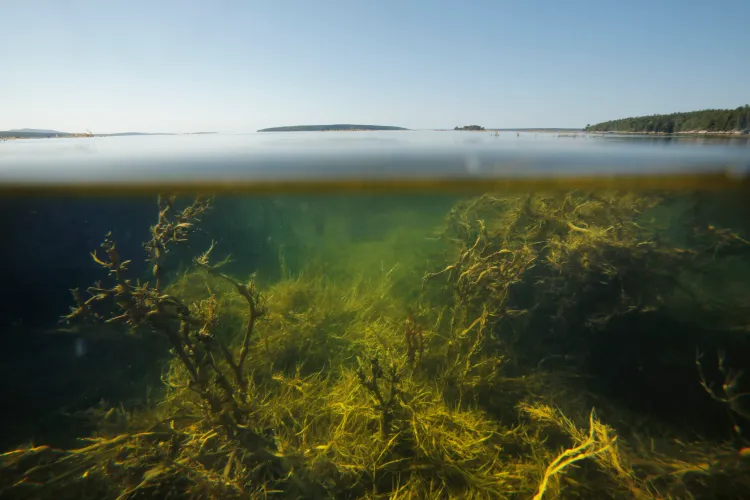Published by Central Maine on June 9, 2025.
Scientists and fishermen are eager to learn more about a sudden cooling in the deep waters of the Gulf of Maine, a new mystery in a body of water as well known in global science circles for its rapid warming as it is among foodies for its lobsters, oysters and scallops.
That will be hard to do under a proposed federal budget that cuts funds for a national ocean monitoring system.
“People are talking (about the cooling). Is this a reset?” asked Susie Arnold, a marine scientist with the Island Institute in Rockland. “Well, what do you use to find that out? You look at the buoys. Those are one of the primary tools that we use to understand oceanography in the Gulf of Maine.”
Arnold was referring to a network of floating research stations that monitor currents, temperature and other data points used by scientists to track changes in the gulf.
She is one of about 40 scientists who advise the Maine Climate Council, the state-appointed commission that develops the state climate action plan, Maine Won’t Wait. The scientists provide the raw science behind the plan, documenting the effects of climate change and projecting future sea level rise and warming.
(You may experience a paywall.)


